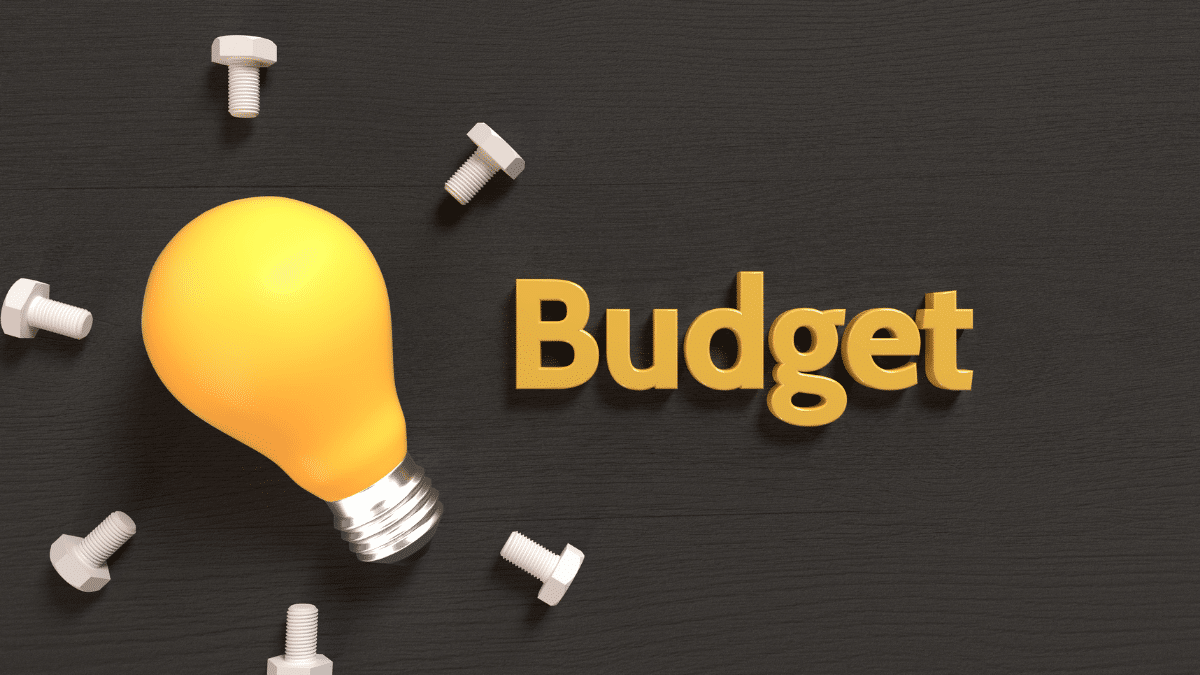Business Budgeting 101: How to Plan for Profitability

Ever feel like money just disappears from your business?
You’re not alone.
Many South African entrepreneurs are great at selling—but not so great at budgeting.
Here’s the truth:
You can’t build a profitable business without a solid plan for your money.
That’s where budgeting comes in.
It’s not just spreadsheets and formulas—it’s your roadmap to success.
Whether you’re running a side hustle or managing a growing SME, budgeting is one of the smartest moves you can make.
Let’s break it down—step by step—and make business budgeting feel less scary, and more like the powerful tool it really is.
Why Budgeting is the Heart of Business Success
Budgeting is more than tracking income and expenses.
It’s about planning ahead.
Making smarter decisions.
And protecting your business from nasty surprises.
Without a budget, your business is flying blind.
That’s especially risky in the South African business environment, where economic uncertainty, load shedding, and price hikes are real challenges.
Good budgeting helps you:
- Avoid cash flow issues
- Prepare for taxes
- Identify profitable (and unprofitable) areas
- Set realistic goals
- Plan for SME funding or growth
When you take control of your budget, you take control of your future.
Step 1: Understand Your Business Budgeting Numbers
Before you can plan your budget, you need to know your current numbers.
Start with:
- Income: Where is your money coming from? Sales, services, rentals, online stores?
- Fixed costs: These are regular expenses like rent, salaries, insurance, and software.
- Variable costs: These fluctuate—like stock purchases, utilities, and delivery fees.
- Once-off costs: Equipment, repairs, and setup fees.
This is your financial snapshot.
Even if your business is still young, use estimates.
Guessing is better than not starting at all.
You may also like: Creating a Budget That Works for You in South Africa
Step 2: Set Financial Goals
Ask yourself: What do I want my business to achieve this year?
Maybe it’s:
- Reaching R100,000 in monthly revenue
- Expanding into new markets
- Hiring two new staff members
- Improving profit margins by 20%
Whatever your goals are, your budget should support them.
This is where financial planning for startups really kicks in.
Remember:
Profitability doesn’t happen by accident. It’s planned.
Step 3: Create a Monthly Budget

Now let’s build your actual budget.
Use a simple template. Nothing fancy required.
| Category | Jan | Feb | Mar | Total |
| Sales Revenue | R50k | R55k | R60k | R165k |
| Fixed Expenses | R20k | R20k | R20k | R60k |
| Variable Costs | R10k | R12k | R15k | R37k |
| Marketing | R3k | R3k | R4k | R10k |
| Net Profit | R17k | R20k | R21k | R58k |
Adjust it as you go.
Life happens. Your budget should be flexible—not perfect.
Step 4: Plan for Tax Compliance
Ah yes, taxes.
No one likes them, but ignoring them is worse.
A good budget includes money set aside for:
- VAT
- PAYE/UIF
- Provisional tax
- SARS penalties (just in case)
Tax compliance isn’t just about legality.
It’s about staying fundable.
No investor or lender will fund a business that’s dodging SARS.
A good rule of thumb?
Set aside at least 20–25% of your monthly profit for tax.
Open a separate tax savings account if possible.
Step 5: Track and Review Monthly
Your budget isn’t a one-and-done document.
It’s a living tool.
Review it every month.
Ask:
- Did I earn more or less than I planned?
- Which expenses were higher than expected?
- Can I cut or delay any unnecessary costs?
- What’s working—and what’s not?
Use tools like:
- Excel or Google Sheets
- QuickBooks
- Xero
- Zoho Books
Even a handwritten notebook works—just stay consistent.
Step 6: Use Budgeting to Qualify for SME Funding
Want a grant? A loan? An investor?
Then you need a budget.
Why? Because funders want to see:
- That you understand your numbers
- That you have a plan
- That their money won’t disappear
SME funding in South Africa is competitive.
A budget gives you an edge.
It shows you’re not guessing—you’re building something real.
Step 7: Budget for Growth
Your business won’t stay small forever.
So plan now for things like:
- Hiring
- Product development
- Bigger marketing campaigns
- Office space or equipment upgrades
- Technology and automation
This is proactive business finance South Africa.
You’re not just reacting—you’re planning ahead.
Even if you can’t afford these things yet, putting them in your budget keeps them on your radar.

You may also like: How Top South African Entrepreneurs Manage Their Business Finances?
Business Budgeting Tips for South African Entrepreneurs
Here are some localised, tried-and-tested tips:
-
Build a buffer
Load shedding can cause production delays. Clients can pay late.
Budget for the unexpected.
-
Use weekly budgets if cash flow is tight
Monthly might be too long for businesses with daily iincome,like spaza shops, salons, or delivery services.
-
Watch out for seasonal trends
If you make more during December, plan for the quieter months like January or July.
-
Track every rand
R50 here and R100 there adds up. Use receipts or an expense tracking app.
-
Keep business and personal expenses separate
This is a game-changer. Don’t mix your rent and groceries with stock and salaries.
Real-World Example: Thabo’s Coffee Business
Thabo started a mobile coffee cart in Johannesburg.
For months, he operated without a budget.
He sold well—but had no idea where the money was going.
After a rude awakening (he couldn’t pay rent one month), he created a simple Excel budget.
He discovered he was spending too much on unnecessary ingredients and not charging enough for deliveries.
He made changes.
A year later, he had three carts, a small team, and was applying for SME funding from SEFA.
His secret?
“Budgeting changed how I run my business. I finally feel in control.”
Wrapping It Up: Budgeting Is a Superpower
Budgeting isn’t a chore.
It’s your business’s secret weapon.
It tells you:
- Where your money is going
- What’s working (and what’s not)
- How to hit your goals
- When to grow—and when to cut back
In the world of business finance South Africa, nothing beats a smart, simple budget.
Whether you’re pitching to investors, applying for SME funding, or just trying to keep the lights on—it all starts here.
So open that spreadsheet.
Start small.
And give your business the structure it needs to thrive.

FAQs About Business Budgeting in South Africa
-
What’s the difference between a budget and a cash flow statement?
A budget is your plan. A cash flow statement tracks actual money coming in and out. You need both to stay financially healthy.
-
How often should I update my budget?
Monthly is ideal. Review it weekly if your income and expenses change quickly.
-
Can I budget if my income is inconsistent?
Yes! Use an average based on past months and always create a “low-income” version of your budget for tough months.
-
Should I include loan repayments in my budget?
Absolutely. If you’ve received SME funding, include both repayments and interest so you can track your true profit.
-
What’s the best tool for budgeting in South Africa?
Start with what you know—Excel, Google Sheets, or even pen and paper. For more features, tools like QuickBooks, Xero, or Wave are great options.





